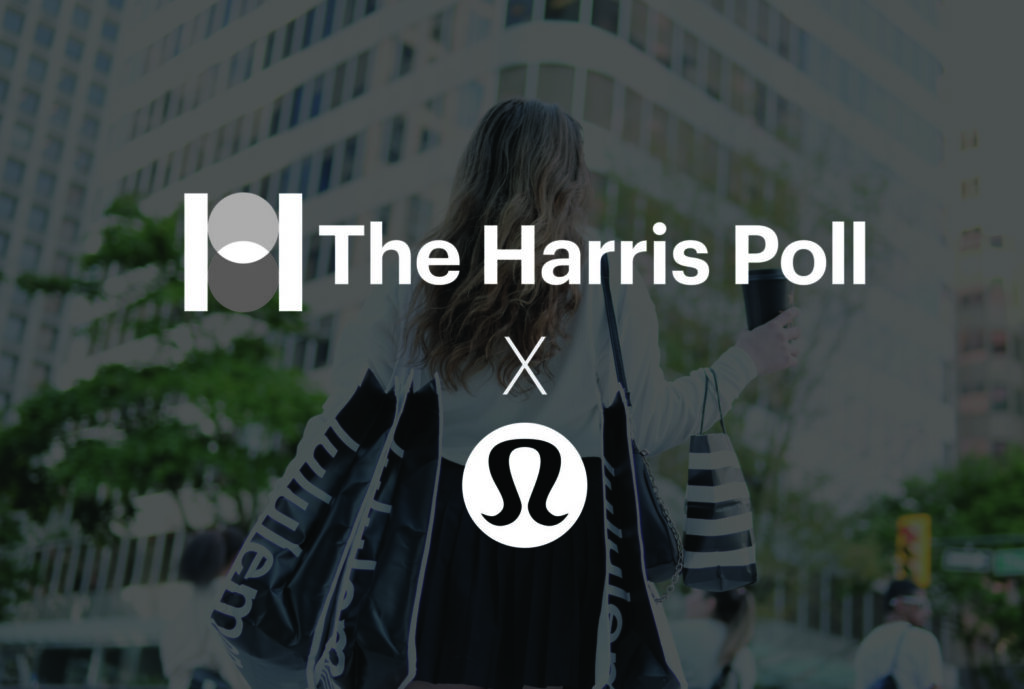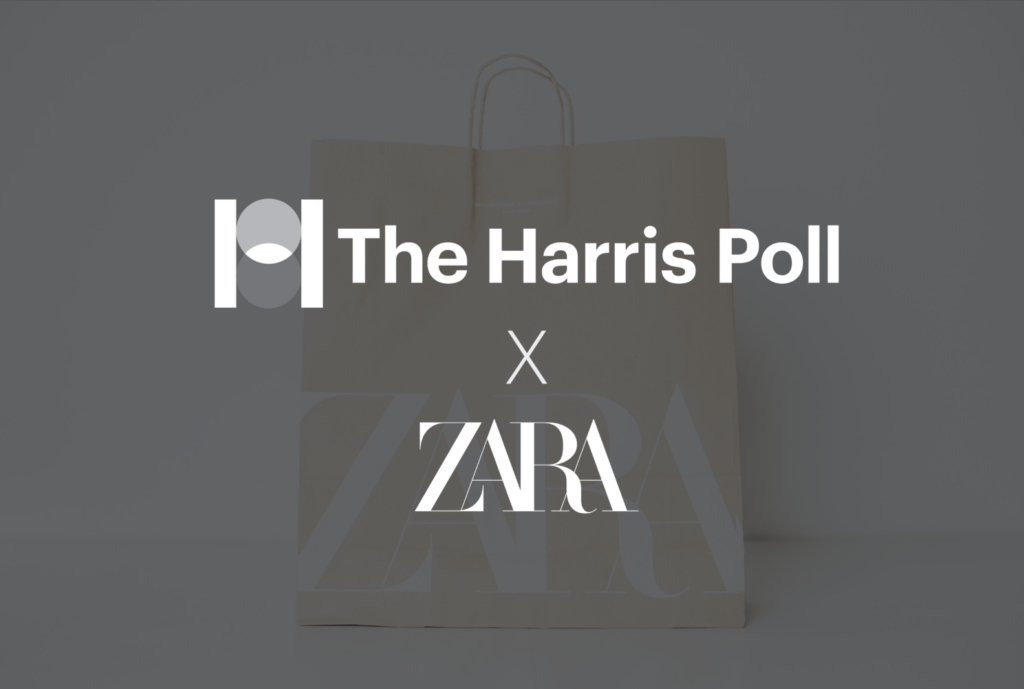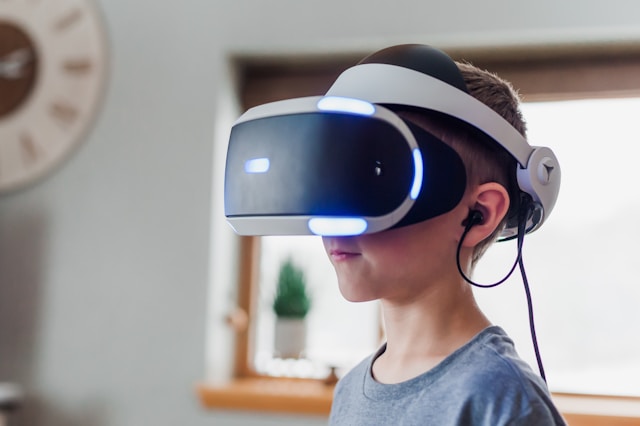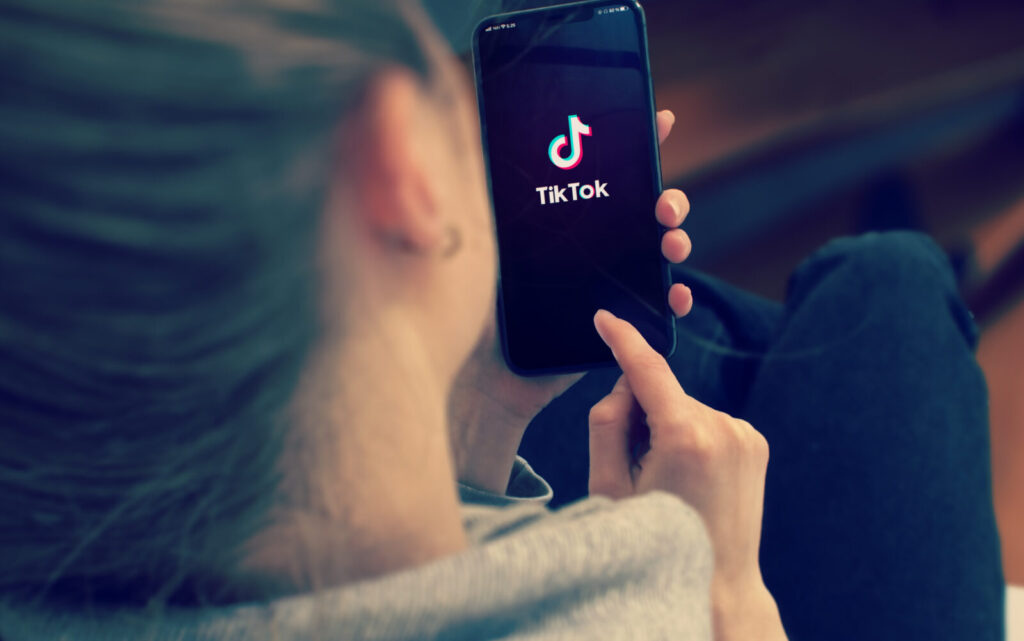Brief • 3 min Read
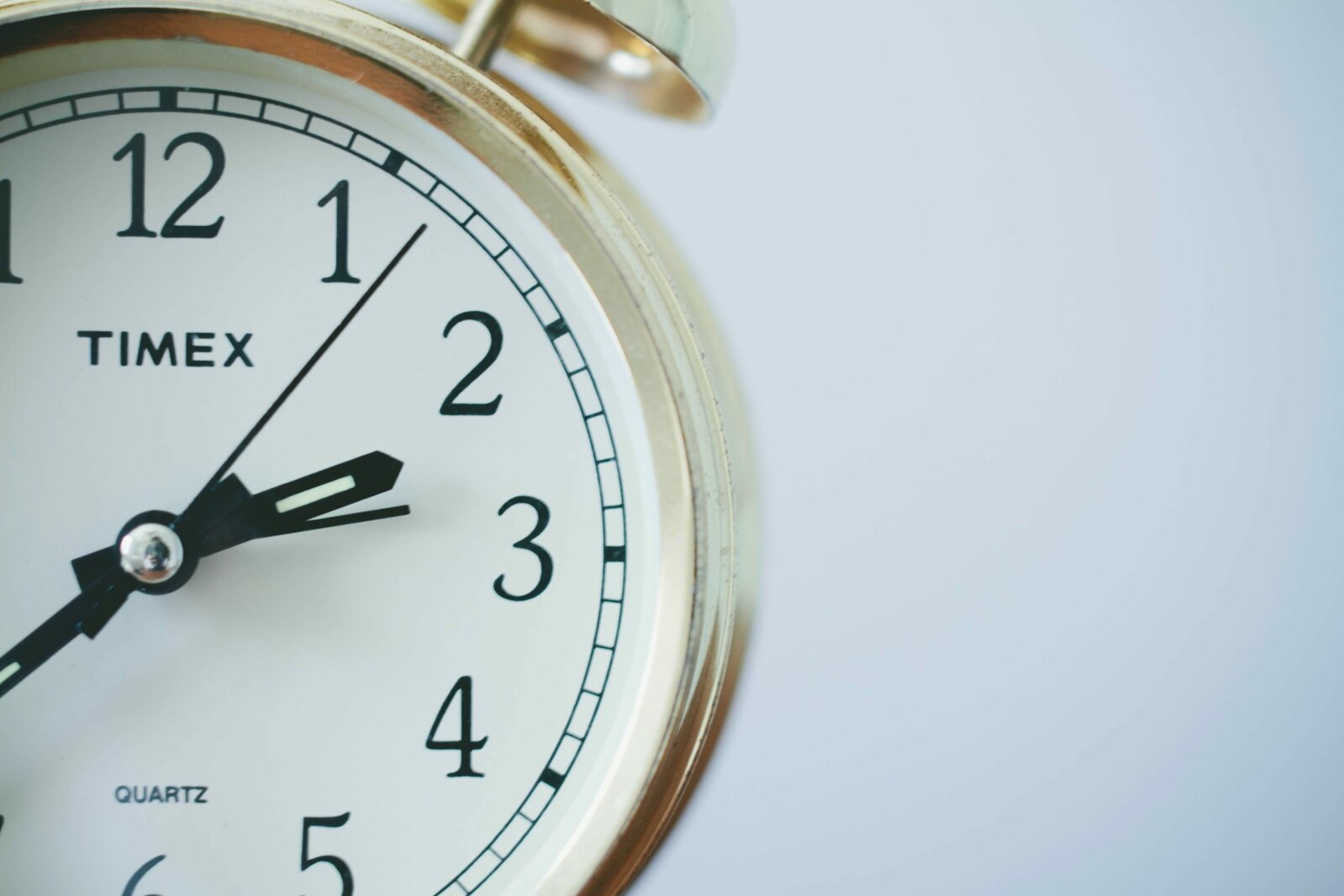
Despite often being conflated with youth in common parlance, millennials are beginning to approach middle age. And in a recent survey conducted on behalf of Fast Company, The Harris Poll found that many older millennials think they’re already there.
Millennials see middle age as starting sooner and passing faster
The majority of older millennials — six in 10 — believe that middle age begins at 40 or older, and 40 was the median age they recognized as the starting point for middle age.
This life stage also doesn’t last long for older millennials — most of them feel that this period lasts only 10 years, from age 40 to age 50.
Younger millennials were even less charitable in their definition of middle age, placing the threshold as young as 35 — but they also see this period as longer-lasting, placing the upper boundary at age 55.
The general population is a bit more generous, identifying middle age as lasting from around 40 to 55 years old. And it’s also possible that as more millennials approach and enter middle age, their definitions will change — the survey found that as people age, the boundaries of middle age expand incrementally. Baby boomers, for example, peg the boundaries of middle age as 45 to 60 years old.
What’s in a name?
Perhaps because of cultural stigmas around young millennials, the way that millennials self-identify doesn’t always line up with actual census definitions.
Those aged 25 to 31, for example, are considered “younger millennials,” but only 31% of younger millennials identify as such — while 38% of them identify as “older millennials.”
Meanwhile, 22% of older millennials, defined as those aged 33 to 40, consider themselves Gen Xers. And only 35% identify as older millennials.
For all generations, age in the workplace matters
For better or worse, age matters in the workplace, but biases aren’t limited to any one generation. A third (34%) of working adults believe that ageism is a problem in their workplace and nearly as many (31%) have experienced it personally.
Surprisingly, younger adults are more likely than older adults to have felt discriminated against at work because of their age. In fact, 36% of workers under the age of 32 (Gen Z or Younger Millennials) report experiencing age-based discrimination at work — which may be tied to perceived deficits in experience.
Forty-four percent of workers under the age of 32 (Gen Zers and younger millennials) agree that people their age are seen as inexperienced, compared to 28% of workers aged 32 to 56 (older millennials and Gen Xers).
And notably, feeling “out of touch” doesn’t only apply to older generations. Overall, 37% of employed adults feel that people their age are viewed as out of touch at work — and Gen Zers and younger millennials are just as likely to say they feel out of touch at work (38% do) as Gen Xers and baby boomers (39% do).
Methodology:
This survey was conducted online within the United States by The Harris Poll on behalf of Ad Age between May 27-28, 2021, among 1,060 U.S. adults ages 18 and older. This online survey is not based on a probability sample and therefore no estimate of theoretical sampling error can be calculated. Figures for age, sex, race/ethnicity, education, region and household income were weighted where necessary to bring them into line with their actual proportions in the population. Propensity score weighting was used to adjust for respondents’ propensity to be online. For more information on methodology, please contact Dami Rosanwo.
Subscribe for more Insights
Subscribe to our newsletter for the latest trends in business, politics, culture, and more.
Download the Data
Get the full data tabs for this survey conducted online within the United States by The Harris Poll on behalf of Fast Company between May 27-28, 2021, among 1,060 U.S. adults ages 18 and older.
Download
Subscribe for more Insights
Subscribe to our newsletter for the latest trends in business, politics, culture, and more.
Download the Data
Get the full data tabs for this survey conducted online within the United States by The Harris Poll on behalf of Fast Company between May 27-28, 2021, among 1,060 U.S. adults ages 18 and older.
DownloadRelated Content
